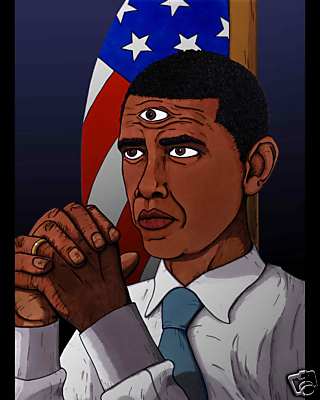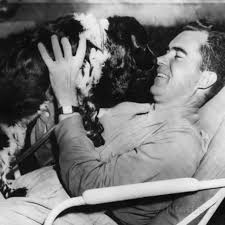on Garfield’s assassination
Wednesday, July 1st, 2009Bear with me. There will be at least two more posts of this type. Relating to the news coverage and debate surrounding the assassination of James Garfield, from July of 1881… on a couple months. Why? It seems to provide provides some tangeantal historical context for current debate surrounding political violence, and the problems of where to place blame and what to fault. The debate seems to reverberate and rhyme.
Next post for this mini-series, when I get around to it.: a couple of preachers. Fall of Rome and all that, unless we change our wicked ways.
New York Tribune
A second president lies stricken down by assassination. President Lincoln was murdered, not by rebellion, but by the spirit which gave the rebellion its force. President Garfield has been shot down, not by a political faction, but by the spirit which a political faction has begotten and used. But for that spirit, there was hardly a man in this country who seemed at sunrise more safe from murderous assault. […]
“Was he crazed by political excitement?,” then, as many say? At what point, if ever, did the madness of faction become the madness of irresponsibility? Do the leaders of factions ever intend all the mischief which grows from the wild and desperate spirit which they create, feed, and stimulate week after week? Is it not their constant crime against self-government that, by kindling such a spirit, they send weak or reckless men beyond the bounds of right or reason? […]
As a “Stalwart of Stalwarts” his passion was intense enough to do the thing other reckless men had wished were done. So the assassin Booth put into a bloody deed the malignant spite of thousands of beaten rebels. His deed stands in history as the cap-sheaf of the rebellion. So the spirit of faction which fired the shots of yesterday gave in that act the most complete revelation of its real character.
…………………….
Richmond Dispatch
Well is it for the man who sped the bullet of the assassination that he did not do it in a Southern city; for hot Southern blood would have terminated his life without waiting to learn whether he was a maniac or not — as he was, we take it for granted.
……………………..
Louisville Courier Journal
It is fortunate that the hand which dealt that blow was not that of a Southern man, because if it had been we should have from one end of the land to the other a Stalwart outcry against the South. The author of this dire crime claims to be a Stalwart, and what is there in the character of the man in whose name and interest the deed was done and whose desperate fortunes it saves from destruction to rescue them from a suspicion which would, by a change in that author’s nativitiy, firmly attach itself to the most innocent people? Mrs. Surratt was hanged on less circumstantial evidence than occurs to the mind as to Roscoe Conkling and Chester A Arthur. The vile nature of the contest at Albany, the despicable rancor of the combatants, and the base methods adopted by both parties, render murder as likely a weapon as any other; and while we should be slow to accuse anybody, and prayerful that the man Guiteau is not the instrument of a conspiracy, we should not be eager to assume the innocence of a body of political wretches whose hands are stained by every other crime — not preciptate in wishing to hurry into power a hand of bandits and plunderers who may have planned this assassinatino as their last resort.
………………………………
Atlanta Constitution
The news is unquestionably startling, but no thoughtful man will deny that it is the natural and appropriate outcome of the political insanity which goes by the name of Republicanism. Frenzy and fanaticism are the streams which have fed this remarkable organization from the first. The fury with which the Southern people have been pursued, the stupendous fraud of 1876, the acknowledged corruption of 1880, the tremendous struggle between the factions, and the marvelous greed for office, all go to show the life of an individual, even though the individual be the Republican President of the United States, will not be allowed to stand in the way of those who are seeking place and power. There are thousands of Republicans in the North today as insane as the “Stalwart of the Stalwarts” who shote the President, and as ready to be made tools of. There are thousands of Republicans who would welcome a period of anarchy that would place in control of affairs the restless and revolutionary spirits who are determined at all hazards to control the Government.



